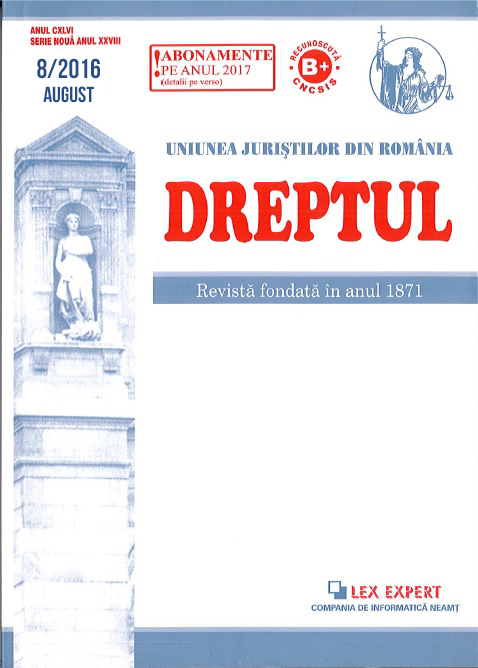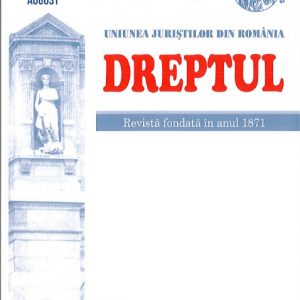In this article, the author intends to analyze, by comparison, the terms domicile and residence, as they are used by the constituent legislator in Article 27 of the Constitution, as well as by the Civil Code and the Criminal Code in force. The author points out that the terms of domicile and residence, used in the civil legislation as attributes of identification of the natural person, are different from those covered by the doctrine of criminal law and by that of constitutional law, in the light of the protection of the inviolability of the home of a person, as a legal instrument for the respect of the freedom and private life of persons. The author demonstrates that the purpose of establishing the inviolability of the domicile by constitutional rule is to ensure the respect for the private life of individuals. Particular attention is given to the problems of constitutionalisation of the inviolability of the domicile, as well as of the European protection of the right of every person to the inviolability of their own homes. The author also presents the constitutional guarantees of the inviolability of the domicile and of the residence and how they are materialized by the criminal procedure rules.


